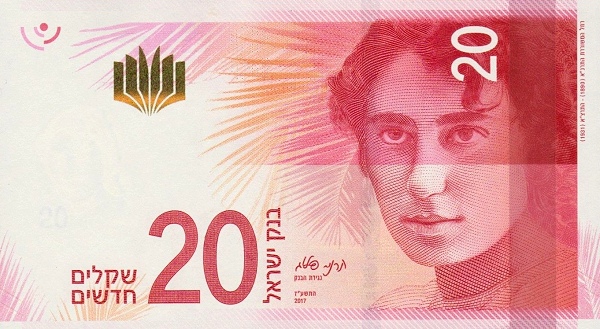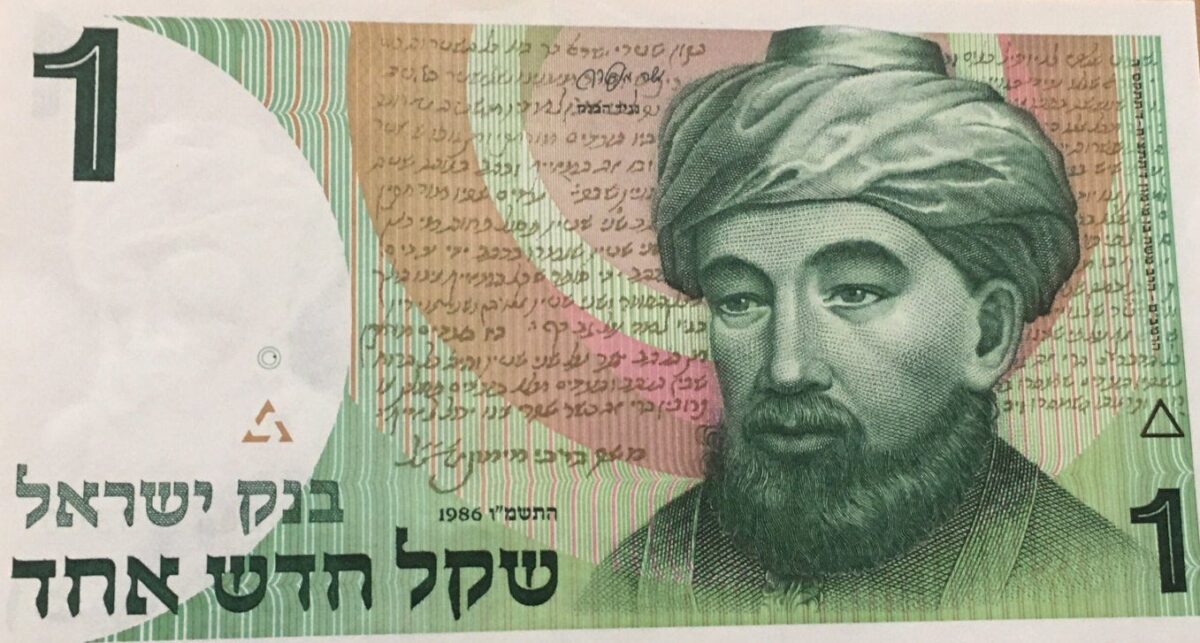Antisemitic tropes and stereotypes, honed and refined over centuries in a multitude of countries, are so deeply engrained that they can turn up in the unlikeliest of places.
This is precisely what happened a few days ago when Guy Smith, the president of the Alberta Union of Provincial Employees, the largest union in the province, committed an embarrassing faux pas during an interview with the Canadian Broadcasting Corporation.

Incensed by Health Minister Tyler Shandro’s disclosure that the salary of health care aides coping with the coronavirus pandemic would be increased by only $2 an hour, Smith blurted out, “When Shandro made the announcement, he sort of walked into the town square and threw a few shekels on the ground to see who would go scrambling for it and then he just walked away.”
Smith’s impromptu comment, though totally unacceptable, was mindlessly tweeted by his union, which is 95,000-strong.

Ran Ukashi, the national director of B’nai Brith Canada’s League for Human Rights, was appalled by Smith’s poor choice of words. In deadpan fashion, Ukashi tweeted that shekels are banknotes in contemporary Israel and that the ancient Israelites used them as well.
Reaching the core of his message, he added, “The reference itself is an odd reference … in a Canadian context. It’s not the currency here. We often see this language used in antisemitic propaganda. It can imply stinginess on the part of Jews. It can imply undue Jewish financial control on political systems or economies.”
Describing Smith’s remark as “highly offensive, insulting and derogatory,” Ukashi asked for an immediate apology and retraction.

Taken by surprise by Ukashi’s tweet, Smith swung into damage-control mode.Within a couple of hours, B’nai Brith was in possession of his heart-felt letter of apology.
“I unreservedly apologize to our Jewish brothers, sisters, friends and neighbors,” Smith wrote. “Yesterday, I made a statement which I have since learned is not acceptable and has impacted many people and entire communities in hurtful ways. I used the word ‘shekels’ in a manner that I was ignorant of. I own up to my ignorance knowing how dangerous ignorance is.
“I have since learned, with help from members of the Jewish community, that this term and the way I used it is unacceptable, hurtful, and is antisemitic. The image of someone throwing a few shekels on the ground contributes to negative stereotypes that the Jewish community has unfairly had to contend with for so long, and shouldn’t have to.
“This was not my intent, but that is not what is important now. The important part is the impact. The impact includes hurt, pain, contributing to stereotypes and the terrible view that antisemitic speech is OK. It is not, and I was wrong to make use of the language I used yesterday. I acknowledge the impact and for that I am sorry.”
Judging by its language, Smith’s apology is sincere and should be accepted at face value. Smith has learned a valuable lesson in the nature of unintended prejudice and presumably will not make the same mistake again.
Call it, if you will, a teachable moment from which he and his fellow unionists can benefit.
